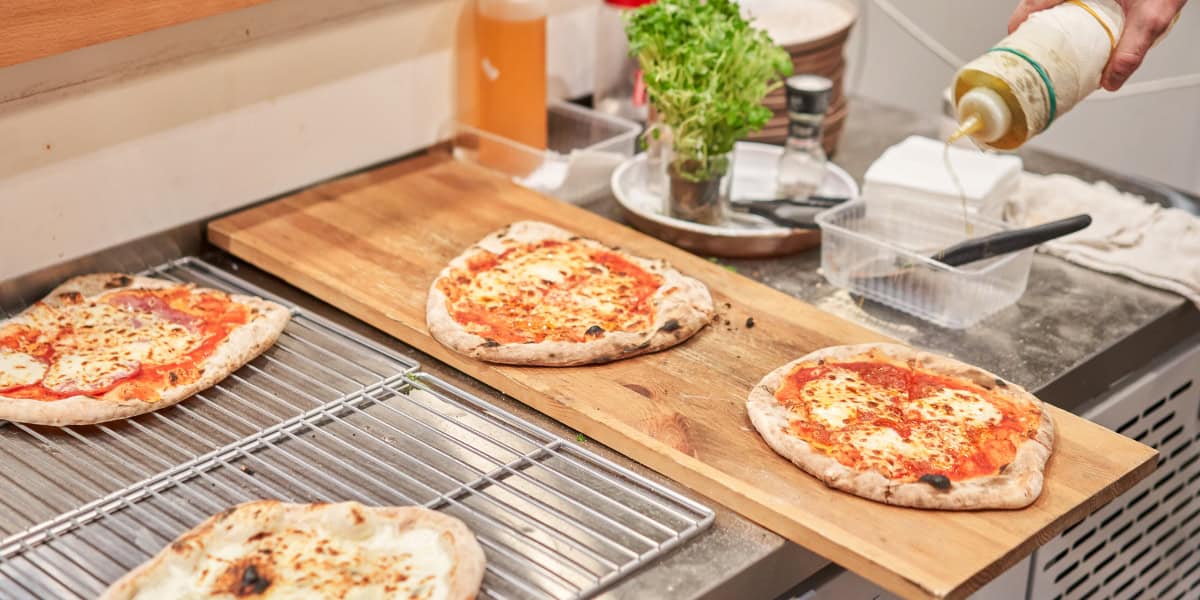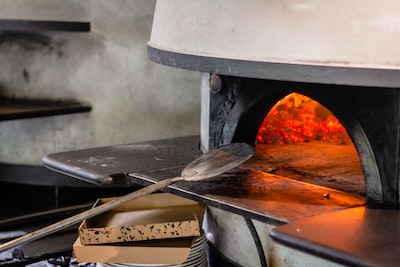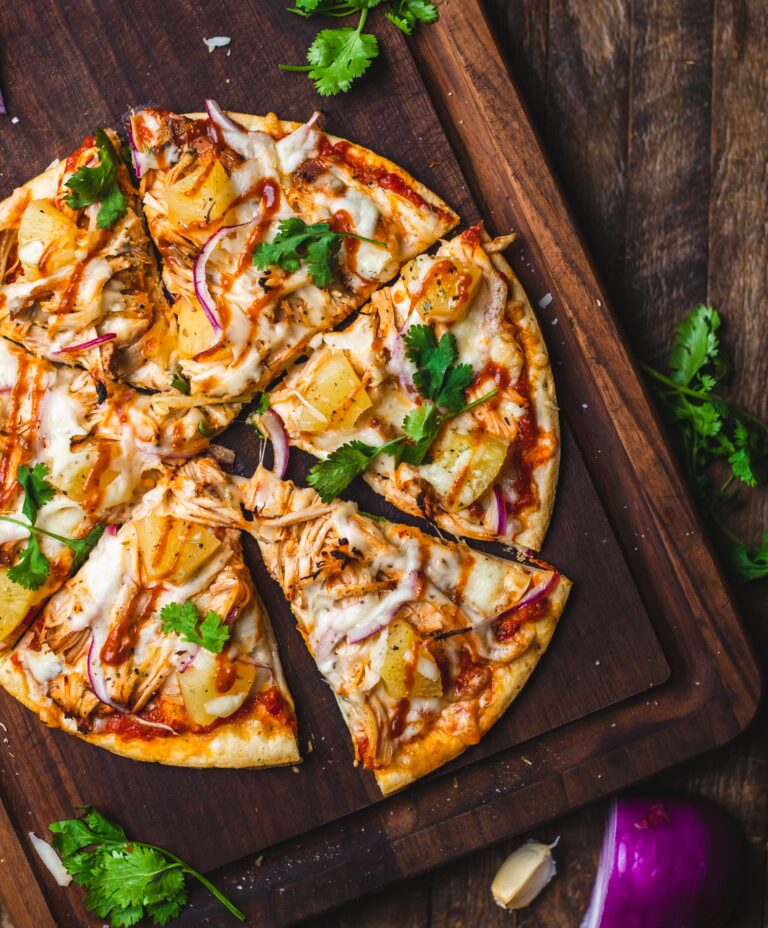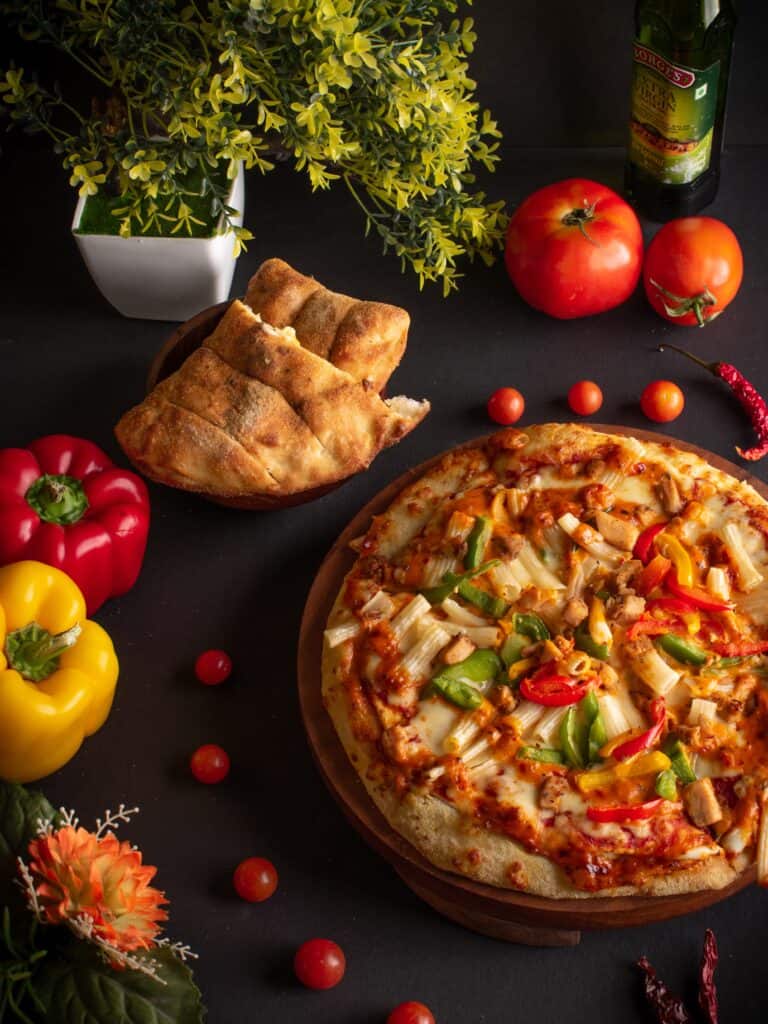Using a Pizza Stone for Baking
Are you tired of soggy, unevenly cooked pizza crusts? Look no further! Using a pizza stone for baking is the secret to achieving that perfectly crisp and golden crust you crave.
In this article, we’ll show you the benefits of using a pizza stone, help you choose the right one for your oven, provide tips for preparing and using the stone, and even share some cleaning and maintenance tricks. Get ready to elevate your homemade pizzas to a whole new level!
Benefits of Using a Pizza Stone for Baking
Using a pizza stone can help you achieve a crispier crust when baking. One advantage of using a pizza stone is that it distributes heat evenly, resulting in a perfectly cooked pizza.
The stone absorbs moisture from the dough, giving you a pleasant and crispy bottom while keeping the toppings moist and delicious.
Another benefit of using a pizza stone is that it helps to retain heat, allowing your oven to stay at a consistent temperature throughout the baking process. This ensures that your pizza cooks evenly without hot spots or burnt areas.
Additionally, using a pizza stone can save you time and energy by shortening the cooking time by providing direct heat to the dough. So, if you want an authentic pizzeria-style crust, consider using a pizza stone for baking!
Choosing the Right Pizza Stone for Your Oven
When finding a suitable pizza stone for your oven, consider factors such as size and material. Pizza stones are available in various materials, including ceramic, cordierite, and cast iron. Each material has its benefits and drawbacks.
Ceramic stones are famous for their ability to distribute heat evenly, while cordierite stones are known for their durability and resistance to thermal shock. Cast iron stones retain heat well and provide a crispy crust but can be heavy and require proper maintenance.
Pizza stones come in different shapes and sizes to fit your oven and baking needs. Whether you prefer round or rectangular stones, measure your oven before purchasing one. Choosing the suitable pizza stone will enhance your baking experience by consistently delivering deliciously crispy pizzas.

Preparing Your Pizza Stone for Baking
Before you start baking, preparing your pizza stone properly is essential. This will ensure that your pizza cooks evenly and has a crispy crust. Here are some steps to follow to prepare your pizza stone:
-
Preheat the oven: Preheat your oven to the recommended temperature for baking pizza.
-
Place the stone in the oven: Once the oven is preheated, place the pizza stone on the middle rack.
-
Let it heat up: Allow the stone to heat up for at least 30 minutes. This will ensure it reaches the desired temperature and helps prevent cracking or damage.
Seasoning technique: Lightly brush your dough with olive oil or sprinkle some cornmeal before placing your dough on the stone. This will help prevent sticking and add extra flavour.
These steps will help you prepare your pizza stone for baking delicious homemade pizzas.
Tips for Using a Pizza Stone to Achieve Perfect Crust
Preheat the oven and let your pizza stone heat up for at least 30 minutes to achieve the perfect crust.
Using a pizza stone instead of a baking sheet can improve your pizza’s texture and taste. The stone absorbs moisture from the dough, producing a crispy and evenly cooked crust.
To prevent sticking, sprinkle some cornmeal or flour on the stone before placing your pizza on top. This will create a barrier between the dough and the rock, allowing easy removal once baked. Parchment paper or aluminum foil underneath the pizza can also help prevent sticking.
Remember to handle the hot stone cautiously when removing it from the oven, as it retains heat for quite some time after baking.
Cleaning and Maintaining Your Pizza Stone
Ensure you regularly clean your pizza stone to remove any built-up residue and maintain its optimal performance. Cleaning methods may vary depending on the type of pizza stone you have, but here are some general tips to keep in mind:
Scrub with water and a brush: After each use, let the stone cool completely before rinsing it with warm water. Use a brush or sponge to gently scrub away any remaining food particles.
-
Avoid soap or detergent: Soap can seep into the stone’s pores and affect the taste of your future pizzas. Stick to using water and elbow grease for cleaning.
-
Air dry thoroughly: After rinsing, dry the stone completely before storing it. This will prevent moisture from getting trapped and causing cracks when exposed to high heat.
Handle with care: To prevent cracks, avoid sudden temperature changes, such as putting a hot stone directly under cold water or placing a hard rock into a preheated oven.
Following these cleaning methods and taking precautions against cracks will help extend the lifespan of your trusty pizza stone for many delicious homemade pizzas to come!
Frequently Asked Questions
Can I Use a Pizza Stone on a Grill or Barbecue?
Yes, you can use a pizza stone on a grill or barbecue. It’s a great way to achieve that crispy crust and smoky flavour. Just make sure to preheat the stone and adjust the temperature accordingly.
How Long Does It Take for a Pizza Stone to Preheat?
Preheating a pizza stone usually takes about 30 minutes. Using a pizza stone for baking has several benefits, such as even heat distribution and crispy crusts.
Can I Use Parchment Paper or Aluminum Foil on a Pizza Stone?
You can use parchment paper or aluminum foil on a pizza stone. It helps prevent sticking and makes cleanup easier. A pizza stone for baking provides even heat distribution, resulting in crispier crusts and better overall texture.
What Is the Best Flour to Use for Baking Pizza on a Stone?
The best type of flour for baking pizza on a stone depends on personal preference. Experiment with different styles, such as all-purpose or bread flour, to find the one that gives you the desired crust texture.
Can I Use a Pizza Stone to Bake Other Types of Food, Like Bread or Cookies?
Yes, you can use a pizza stone to bake bread or cookies. Using a pizza stone for desserts is a great idea. It helps create a crispy crust and even heat distribution, resulting in delicious treats. Try baking bread on a pizza stone for that perfect golden brown finish.






